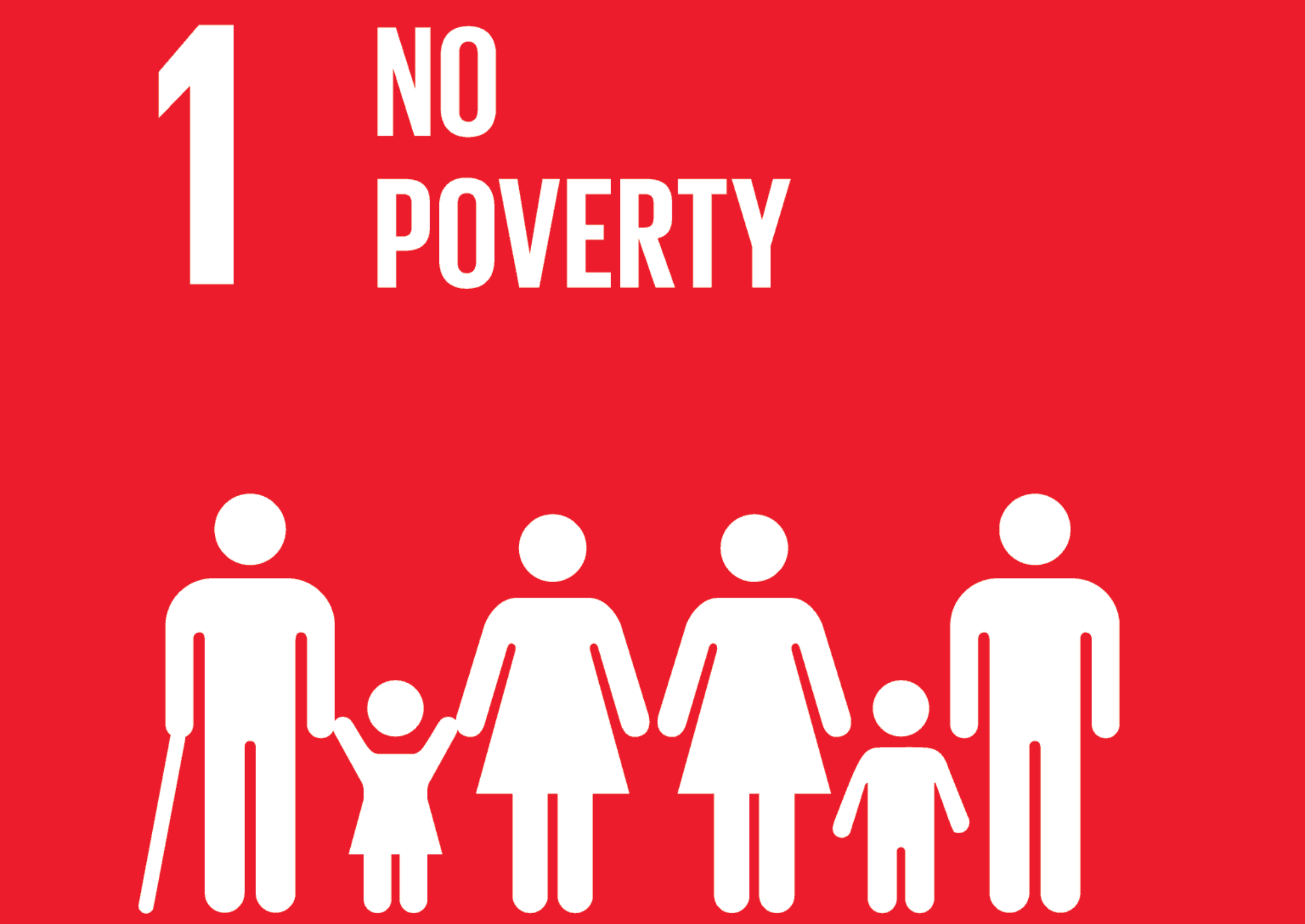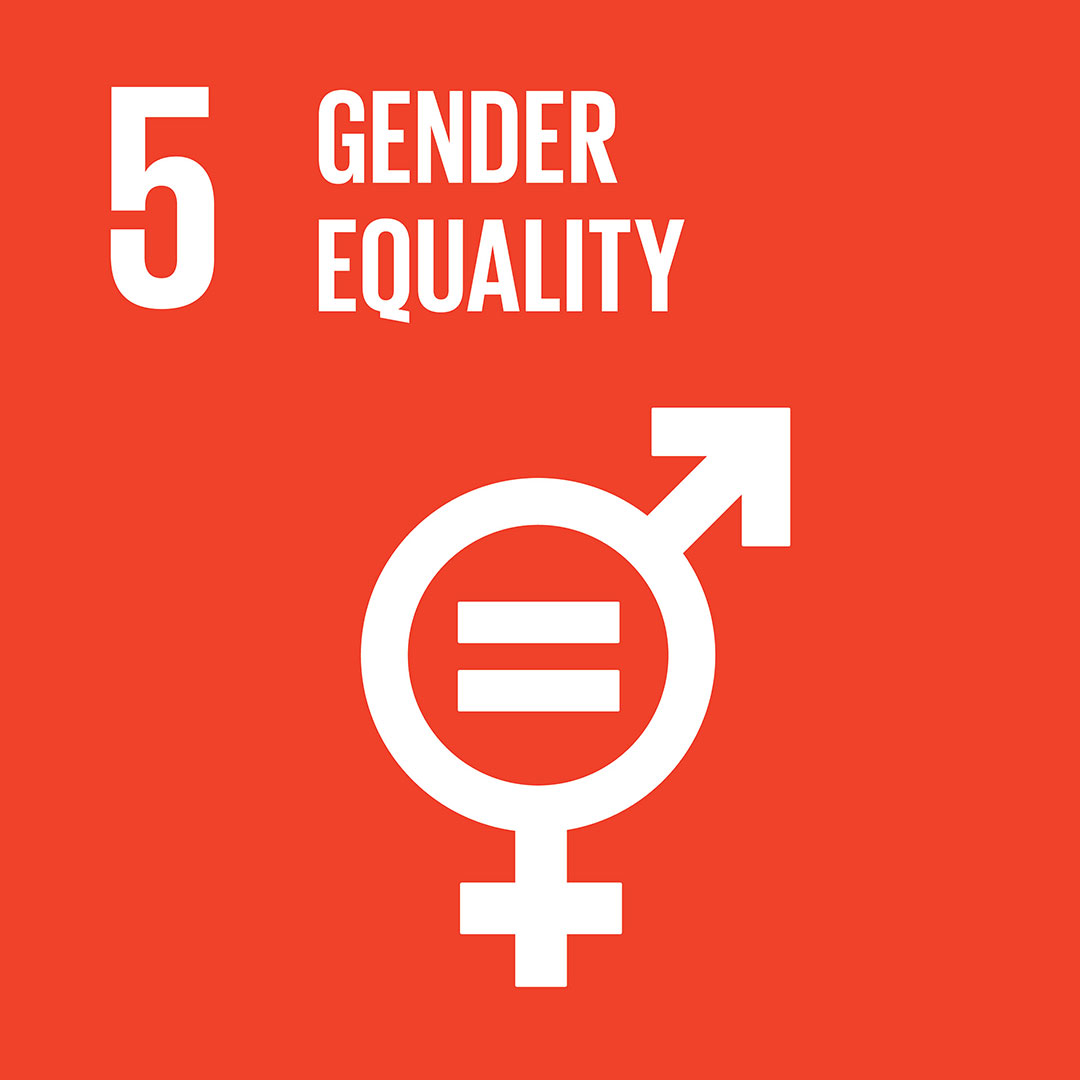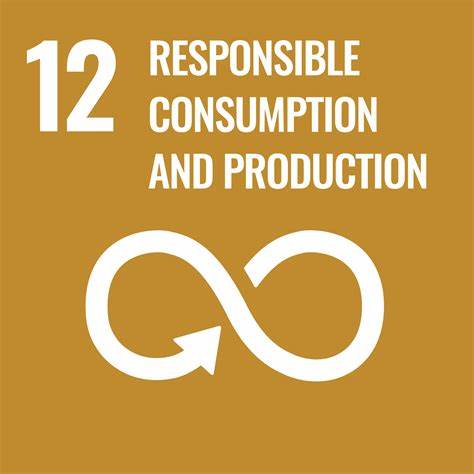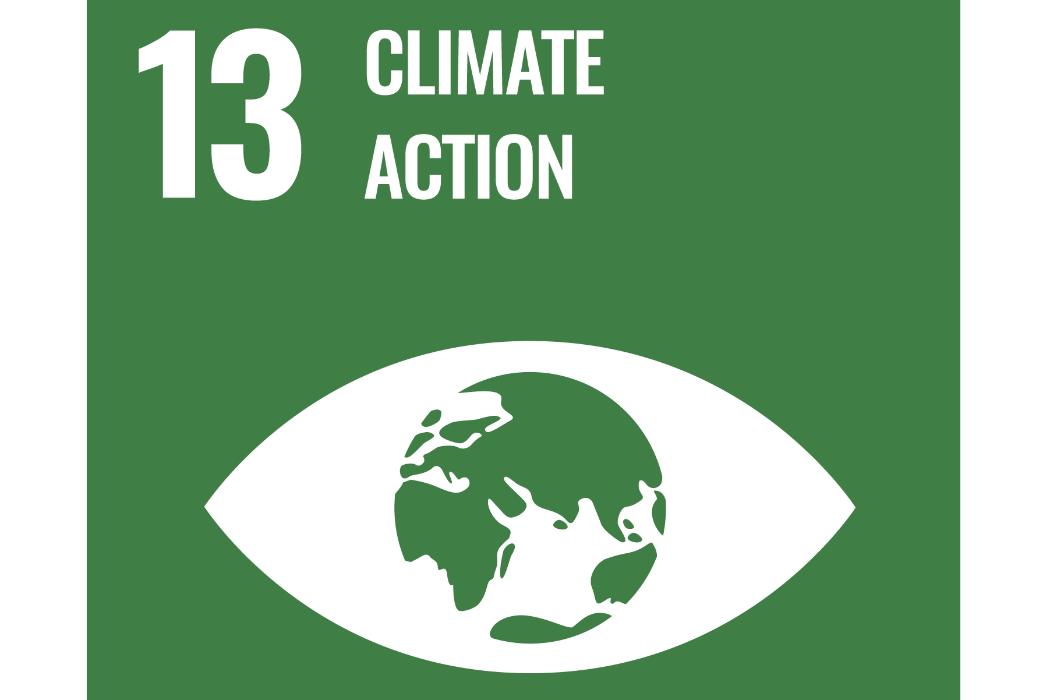Challenge 1:
Finding a mentor involved in CE with skills who wished to share with me tool me a year. I was recommended to a French-speaking mentor in Ireland. We have been working closely since.
Challenge 2:
AHA: Affordable Housing for All project of cooperative; I found a lack of ressources available in identifying which areas to work on and deciding which ones (knowledge platforms are not available) We decided on promoting the idea of cheaper homes for the less well off.
We launched a plastic brick made with a mold. This is cheap to make, uses waste plastic locally and makes homes affordable for all. So far, the challenge we met has been a fear of innovation and health and safety. The challenge is the fear of fire in decison makers's mind but plastic homes are fire resistants (much more than in wooden homes). The challenge is changing the policy and regulations to allow the include plastic waste as a material. We have arranged meetings with city councils (Fokontany), we knew that UNICEF builds schools with 100% plastic bricks on the Ivory Coast successfully. The challenge is that the government's officers are not aware enough of the circular economy to update the law and regulations for instance to include reused plastics as building materials.
I hope that if I can get this certificate that I will be able to influence the local council mayors and get permission and support to allow plastics be used as a building material.
Worldwide, the law about reuse and circular economy are not yet made, so the only way I see I can make it happen is to be trained and skilled in the circular economy.
Challenge 3:
Awareness raising of the CE:
We have launched think tanks and do-tanks (or action tanks) in approx 8 universities, regrouping around 400 students which we start training and soon they will be able to apply to calls for prize and even grants or tenders.
a/Challenge to engage students and youth in circular economy:
the problem is lack of awareness. So I have been raising awareness by running think tanks in several universities. Post Covid lockdown, in the past fortnight our volunteers have grown a lot, as around 40-50 students have attended any of the meetings.
I have registered for the online World Forum of CE and have arranged for a group of 40 plus volunteers next week to watch with me, using my link, as part of the awareness raising initiative.
8 universities are now partners in Madagascar.
Each week we have volunteers now active on applications for projects - see my bio and profile.
b/Lack of credibility is part of this challenge, since even government is not skilled in the circular economy, so they are reluctant to allow new circular economy schemes. No national plan exist in CE yet, despite funding from GCF and GEF to support it. That’s why it’s super important for me as a young leader in eastern Africa to be granted the ‘UNSSC' training label and diploma’ to demonstrate that UN is pushing for this.
c/Commitment: I would like to join with the local UNs agencies in Madagascar to start to implement the circular economy and reuse and help deliver it.
d/Increase needed for funding, calls for grants or tenders in this area: We prepare a young CE generation to be able to apply for it ;) through a TPM programme targeted at the CSO called FEMOW* in order to be able to become ODA effectiveness watchdog first and empower through this, being able to collect data and participate to effectiveness and transparency!











I hope you are convinced that I am genuine committed future leader for CE in Madagascar and maybe eastern Africa, able to build up capacity and probably convince UN people to launch local calls and grants so we could become an implementation entity?